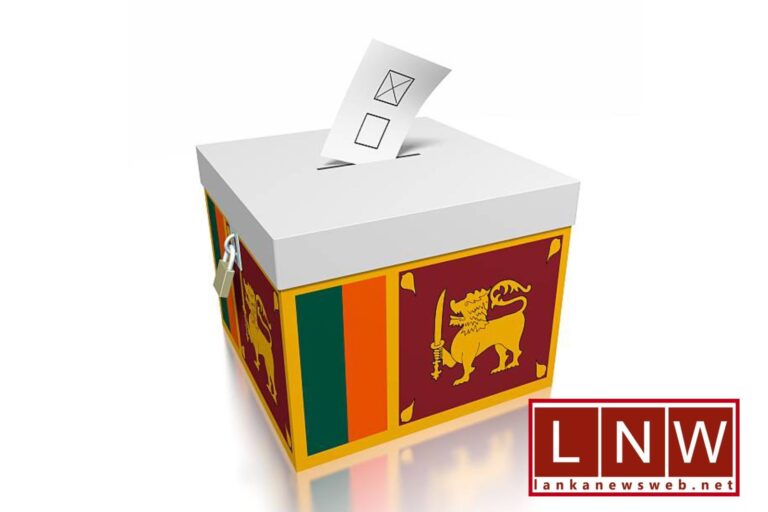May 07, Colombo (LNW): The result of the Local Government Election held in the Galle Municipal Council of the Galle District has been released.
National Peoples Power – 20330 (17)
Samagi Jana Balawegaya – 12308 (09)
United National Party – 7106 (05)
Sri Lanka Podujana Peramuna – 3725 (03)
Peoples Alliance – 1887 (02)


